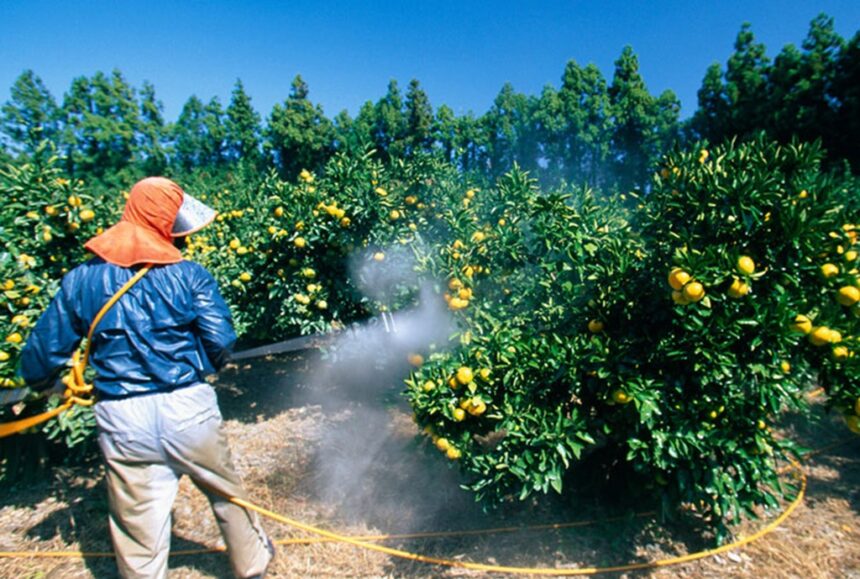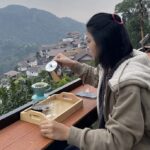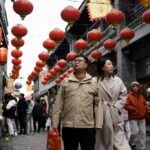Thai-PAN, the Thai Pesticide Alert Network, has raised concerns regarding the hazardous levels of chemical residue on fruit that exceeded the safety standard, particularly in the case of jujubes and oranges.
Prokchol Ousap, the coordinator of the Thai-PAN network, announced on Friday that the network collected 85 samples of apples, dragon fruit, guava, jujubes, and oranges, both domestically and imported, from supermarkets and fresh markets in 12 provinces, including Bangkok, Chiang Mai, and Rayong, between November 27 and December 11, 2024.
According to her, the BVAQ Laboratory in Thailand conducted multi-residue testing to produce 419 chemicals. The analysis indicated that all fruit varieties tested contained pesticide residues that exceeded the safety standard.
Furthermore, she reported that chlorpyrifos, a hazardous agricultural chemical that Thailand has prohibited the production, import, export, and possession of as a Type 4 toxic substance since 2020, was detected in domestically grown fruits.
The results indicated that all 15 jujube samples contained hazardous contaminants that exceeded the safety standard, with six samples containing chlorpyrifos at elevated levels.
Three of the 17 orange samples contained residues from chemicals within safe limits, while 14 exceeded the safety standard.
It is important to note that chlorpyrifos was detected in four samples, including two mandarins imported from China and two grown domestically in Phichit and Chiang Rai.
The study results for pears indicated that only four samples lacked pesticide residues, while 13 contained residues. However, only one sample exceeded the standard values.
Only one guava sample was residue-free, six were within safe limits, and ten had residues that also exceeded safety standards.
The dragon fruit test revealed that two samples were chemical residue-free, while 15 contained toxic residues. Nine samples had residues that exceeded the standard value, including one designated as an organic product with a PGS (Participatory Guarantee System) certificate.
Ms. Prokchol stated that Thai-PAN will inform the appropriate government authorities of the results so that they can evaluate the organic certification standard.
Similarly, Thai-PAN conducted tests on Shine Muscat grapes sold in Thailand in October, and the results were consistent in indicating that the grapes contained hazardous residue levels.
Related News:
Shine Muscat Grapes Found to Be Contaminated with Chemicals

Geoff Thomas is an award winning journalist known for his sharp insights and no-nonsense reporting style. Over the years he has worked for Reuters and the Canadian Press covering everything from political scandals to human interest stories. He brings a clear and direct approach to his work.














